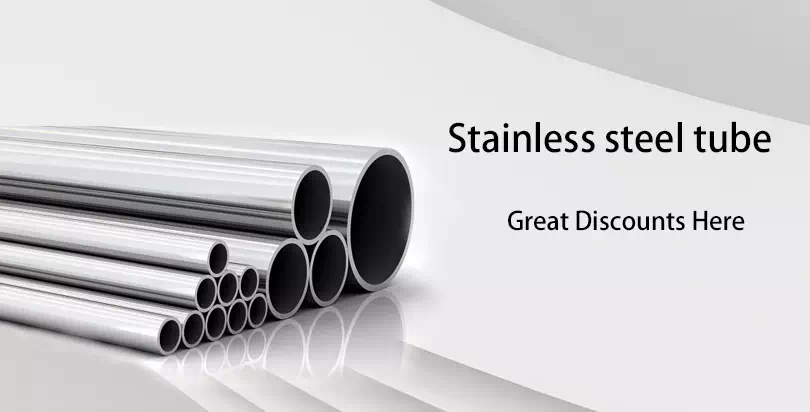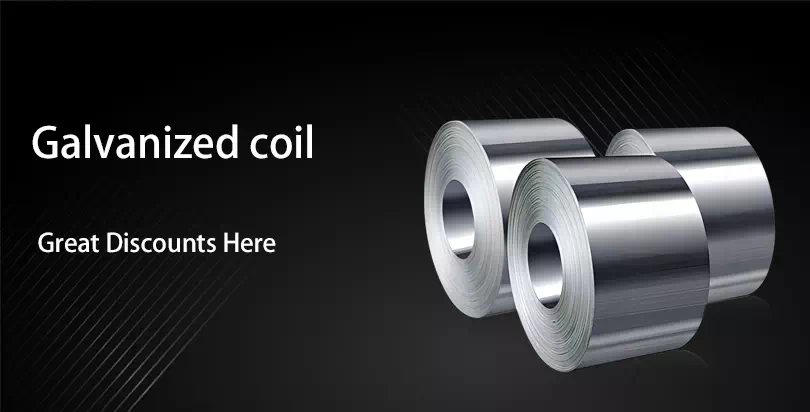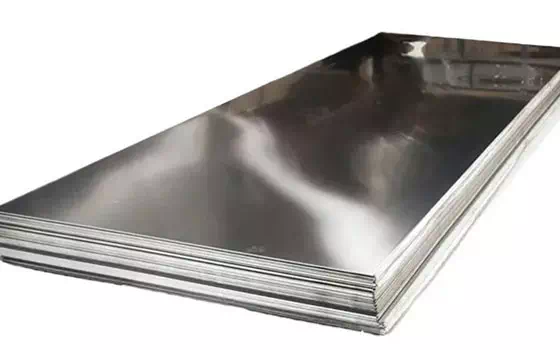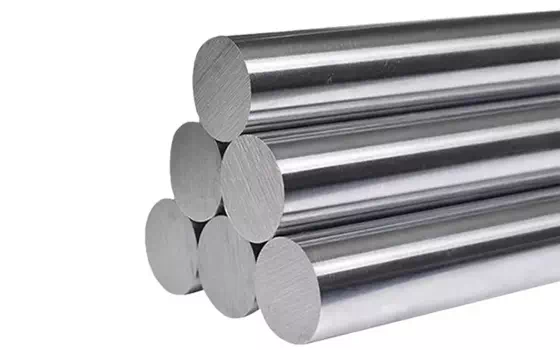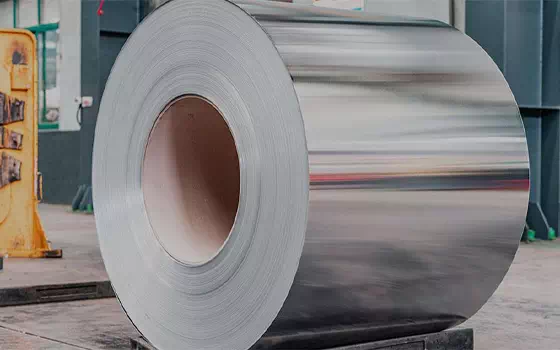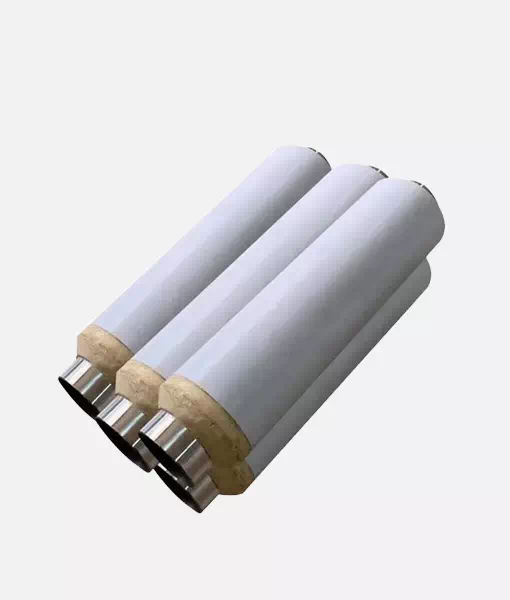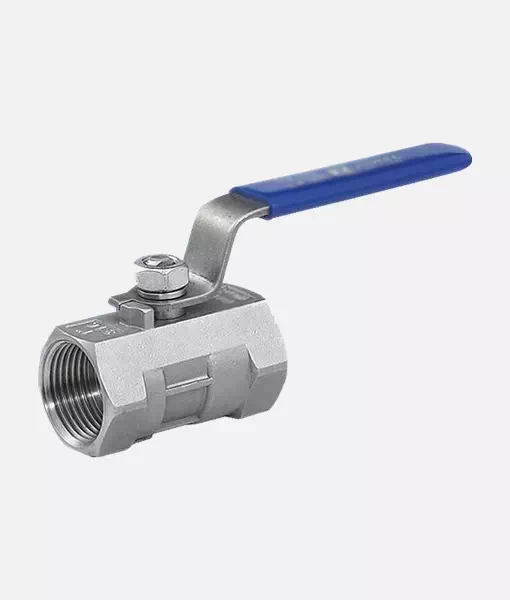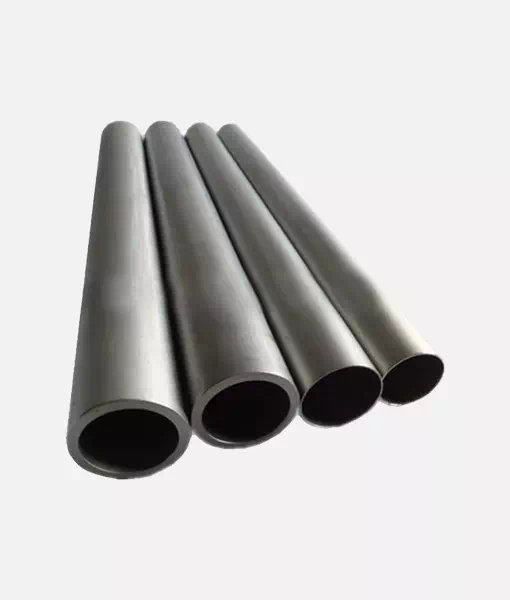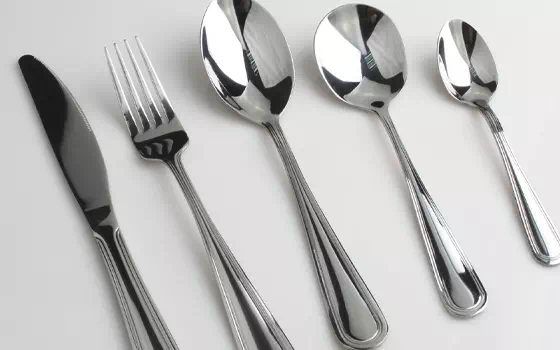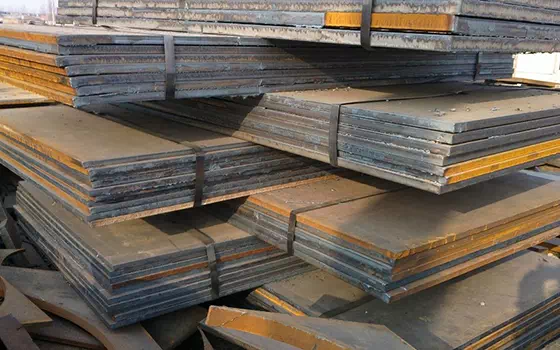Add Your Heading Text Here
Seamless steel pipe is a round, square, and rectangular steel with a hollow section and no joints on the periphery. Seamless steel pipes are made of steel ingots or solid tube billets through the perforation into capillary tubes and then made by hot rolling, cold rolling, or cold drawing. Seamless steel pipes have a hollow section and are mostly used as pipes for conveying fluids. Compared with solid steel such as round steel, steel pipes have the same bending and torsion strength and lighter weight. They are economical cross-section steels and are widely used in manufacturing structures. Parts and mechanical parts, such as oil drill pipes, automobile drive shafts, bicycle frames, and steel scaffolding used in construction
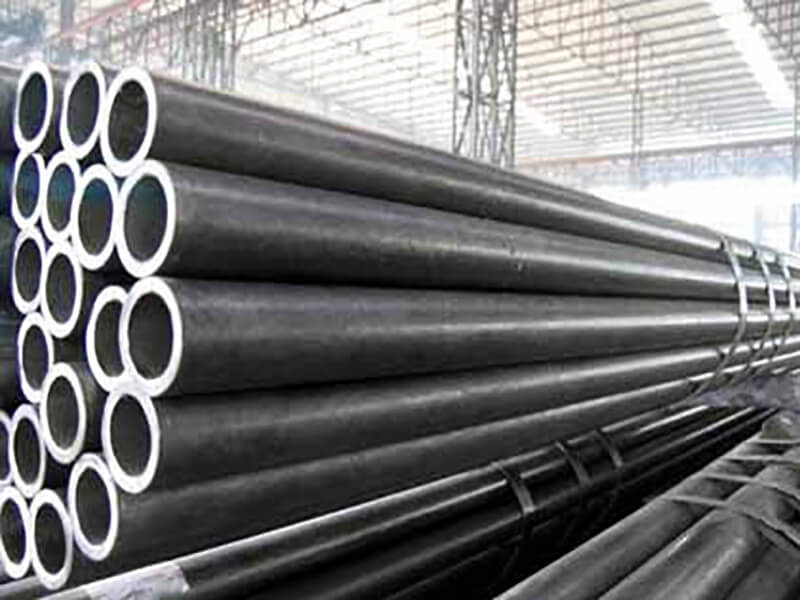
Development of seamless steel pipes
The production of seamless steel pipes has a history of nearly 100 years.
The German Manismann brothers invented the double skew lens machine for the first time in 1885 and invented the circulating mill in 1891. In 1903, the Swiss invented the automatic tube rolling machine (also known as the top tube rolling mill) by Swiss Stiefel. Later, various active extension machines such as continuous tube rolling mills and tube jacking machines appeared, and they began to develop into modern Chinese enterprises. Seamless steel pipe industry.
In the 1930s, due to the adoption of a three-roll pipe rolling mill, an extruder, and a regular cold rolling pipe mill, the variety, and quality of steel pipes were improved. In the 1960s, due to the improvement of the continuous pipe mill, the emergence of the three-roll piercing machine, especially the success of the enterprise application system tension reducer and continuous casting billet, improved the efficiency of social production management and enhanced the ability of seamless pipes to compete with welded pipes. . In the 1970s, seamless pipes and welded pipes kept pace, and the world’s steel pipe production increased by more than 5 percent every year.
After 1953, China began to attach importance to the development of enterprises to carry out the seamless steel pipe industry and has initially studied and formed a production management system for rolling various large, medium, and small pipes. Generally speaking, the copper pipe also adopts the process of slanting piercing of steel ingot, rolling of pipe mill, and drawing of steel coil.
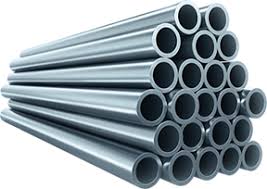
The main purpose and classification of seamless pipe
The main purpose:
Seamless pipe is a kind of economic cross-section construction steel, which has a very important position in the national economy. It is widely used in petroleum, chemical industry, boilers, power stations, ships, machinery manufacturing, automobiles, aviation, aerospace, energy, geology, construction and military industry. Wait for various departments.
Classification:
①According to the section shape: ring-shaped section tube, special-shaped section tube
②According to material: carbon steel pipe, alloy steel pipe, stainless steel pipe, composite pipe
③According to the connection method: threaded connection pipe, welded pipe
④According to the production method: hot rolled (extruded, topped, expanded) tube, cold rolled (drawn) tube
⑤According to the main purpose: boiler pipe, oil well pipe, line pipe, structural pipe, fertilizer pipe…
Seamless pipe production process
①Main production process of hot-rolled seamless pipe (main inspection process):
Tube billet preparation and inspection → tube. billet heating → perforation → tube rolling → waste tube. reheating → fixed (reduced) diameter → heat treatment → finished tube. straightening → finishing → inspection (non-destructive, physical and chemical, bench inspection) → storage.
②Main production process of cold-rolled (drawn) seamless pipe.
Blank preparation → pickling and lubrication → cold rolling (drawing) → heat treatment → straightening → finishing → inspection.
Advantages of seamless steel pipe
The seamless steel pipe is light in weight, and its weight is only 1/5 of that of square steel.
Corrosion resistance of seamless steel pipes, acid, alkali, salt and atmospheric corrosion resistance, high temperature resistance, good impact resistance and fatigue resistance, no regular maintenance, and effective service life of more than 15 years;
The tensile strength of seamless steel pipe is more than 8-10 times that of ordinary steel, the modulus of elasticity is better than that of steel, and it has excellent creep resistance, corrosion resistance and shock resistance;
The seamless steel pipe has excellent mechanical properties and easy machining, etc.;
The seamless steel pipe is highly elastic, reusable in mechanical equipment, no memory, no deformation, and antistatic.
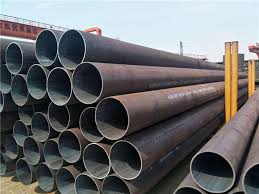
Advantages of seamless steel pipe
In recent years, seamless steel pipes have been widely used in various industries. The market demand is too large, and the more companies that produce seamless steel pipes, the product quality is even more uneven. So how to judge the quality of seamless steel pipes Woolen cloth?
The first thing we need to know is that the wall thickness of quality seamless steel will be particularly thick, because the thicker the wall thickness of the product, the more economical and practical, if the wall thickness is thinner, its processing cost opportunities will be greater If it happens, the resource cost will be higher. Secondly, the technology of seamless steel also determines its limitations. The general seamless steel has low precision and uneven wall thickness, low brightness on the inside and outside of the tube, high cost of sizing, and there are pits and black spots on the inside and outside. It is not easy to remove; again, its detection and shaping must be processed offline. Therefore, it embodies its superiority in terms of high-pressure, high-strength, and mechanical structural materials. In the process of using it, we will slowly find out.
In fact, seamless steel pipes have only entered the market in recent years. With the increasing demand in the market, the advantages of seamless steel pipes have also been stimulated. However, there are also many fake and inferior products on the market. I hope everyone will choose when choosing. Must be cautious.
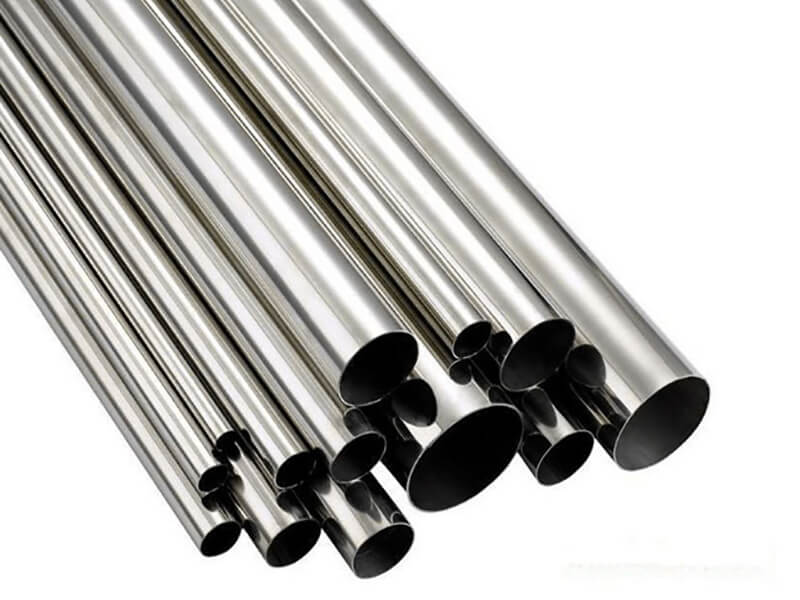
6.What should be paid attention to in the production of seamless steel pipes
Because the seamless steel pipe is working under high temperature and high pressure standards for a long time, the raw material will have stress relaxation, plastic deformation and ductility reduction, initial mechanism changes, and corrosion.
The seamless steel pipe used as a heating furnace should have:
Sufficient long-term compressive strength;
Sufficient plastic deformation work capacity;
Less timeliness and hot ductility;
High oxidation resistance, fly ash resistance, corrosion resistance at high temperature of gas, steam and intergranular corrosion;
Excellent mechanism reliability and excellent performance. The steel grades of seamless steel pipes include carbon steel and its ferrite, ferrite and martensitic stainless steel wear-resistant steel. In order to better improve the thermal efficiency of thermal power diesel generators and reduce fuel consumption, the development trend of large space, high main parameters (high temperature, high pressure) thermal power plant generator sets (above 1000MW) is the leading trend in all parts of the world. The working pressure of the steam is increased to 31.5~34.3MPa, and the temperature of the saturated steam is 595~650℃. It is trending towards the high-pressure critical pressure, so that the seamless steel pipes clearly set higher regulations. Therefore, a new steel grade was developed and designed to consider the use of high-main-parameter power station boilers. Table 1 shows the steel grades of common seamless steel pipes; Table 2 shows the new steel grades of seamless steel pipes.
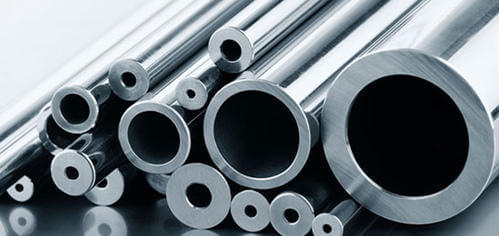
Moreover, the production and processing technology of seamless steel pipes varies with different steel grades. Taking ferritic chromium-molybdenum-vanadium steel as an example, the production and processing characteristics of seamless steel pipes are:
Finish-rolled tubes should be peeled, and the peeling amount is generally 5 mm;
Because the steel is too hard, the finished rolled tube needs to be cut or sawed with a co2 laser;
Because the heat transfer of chromium-molybdenum-vanadium steel is lower than that of carbon steel, the heating rate should be slower, the heating temperature is 1120~1180℃, and the hole temperature is 1100~1160℃; The 1000~1100℃ section has excellent plastic deformation and low deformation resistance, so the hole breaking characteristics are good. The main deformation parameters can be selected according to low carbon steel or carbon steel (such as 30CrMnSiA);
After rolling, the seamless steel pipe should be quenched and quenched, the quenching temperature is 950~980℃, the quenching temperature is 730~750℃, and the heat preservation time is 2~3h;
The standard tolerances of seamless steel pipes are relatively strict to ensure professional butt welding; the length of the pipeline is as long as possible to help reduce the total number of welds.
Connection method of seamless steel pipe
There are many ways to connect seamless steel pipes, and several commonly used methods are now listed:
Compression type
articulated type
compression type
push type
tapered thread type
socket welding type
articulated flange connection
welding type and the derivative of the combination of welding and traditional connection Series connection
Different connection methods, because of their different production principles, are applied in different fields, but generally speaking, they have one thing in common that is easy to install, firm and reliable.
Here is a brief introduction to several common connection methods:
Compression type: Insert the piping into the nozzle of the pipe fitting, fasten it with a nut, and compress the sleeve of the nozzle through the sealing ring with a spiral force to play a sealing role and complete the connection of the piping.
Welding type: the end of the piping is grooved, and the piping is welded in a ring shape by manual or automatic welding.
Flange type: The flange and the piping are ring-shaped argon arc welding, fastened with quick clamps or bolts, so that the gasket between the flanges can seal and complete the piping connection.
Pressing type: Insert the pipe into the pipe fitting and press the pipe wall into a hexagon with a special installation tool, and the inner sealing ring is also transformed into a hexagon.
Taper thread type: the external thread and the piping are ring-shaped argon arc welding, and the internal threaded pipe fittings are connected by the taper thread to complete the piping connection.
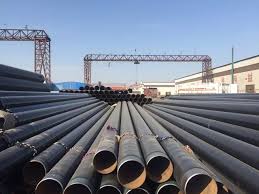
How to store thick-walled seamless steel pipes?
Thick-walled seamless steel pipes can be stored outdoors and other places.
For some thick-walled seamless steel pipes, store them in a well-ventilated place as much as possible, but they must be consistent up and down.
For some expensive and highly corrosive metal products, they can be stored in storage.
The place where thick-walled seamless steel pipes are stored should be clean, ventilated, with good drainage performance, and kept away from harmful gases and dust. There must be no debris on the field.
The warehouse shall not be placed with materials that are corrosive to steel. Different types of steel should be stored separately to avoid contact with corrosion.
The warehouse should be an ordinary closed warehouse, and there are already warehouses with walls on the roof, tight doors and windows, and ventilation devices.
Pay attention to ventilation on sunny days and moisture-proof on rainy days, and always maintain a suitable storage environment.
How to deal with the rust of seamless steel pipe
Long-term storage of seamless steel pipes will inevitably cause some rust problems. Once the seamless steel pipe is rusted, it is not easy to sell, so how can we remedy the rust of the seamless steel pipe?
1. Tools for rust removal:
The surface of seamless steel pipe is polished mainly with tools such as wire brushes, which can remove loose or warped oxide scale, rust, welding slag, etc. The rust removal of hand tools can reach Sa2 level, and the rust removal of power tools can reach Sa3 level. If the surface of the seamless steel pipe adheres with a solid oxide scale, the tool rust removal effect is not ideal, and the anchor pattern depth required for anti-corrosion construction cannot be reached.
2. pickling:
Generally, two methods of chemical and electrolysis are used for pickling. Pipeline anticorrosion only uses chemical pickling, which can remove oxide scale, rust, and old coatings. Sometimes it can be used as reprocessing after sandblasting and rust removal. Although chemical cleaning can make the surface reach a certain degree of cleanliness and roughness, its anchor pattern is shallow and easily pollutes the environment.
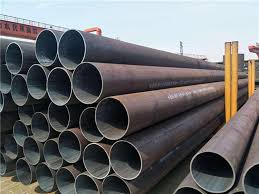
3. Spraying (throwing) to remove rust:
Spraying (throwing) rust removal is to drive the spraying (throwing) blades to rotate at a high speed through a high-power motor, so that steel grit, steel shot, iron wire segments, minerals, and other abrasives are sprayed (thrown) on the surface of the steel pipe under the action of centrifugal force. , Not only can completely remove rust, oxide, and dirt but also the seamless steel pipe can achieve the required uniform roughness under the action of the violent impact and friction of the abrasive.
1. cleaning:
Use solvents and emulsions to clean the surface to remove oil, grease, dust, lubricants, and similar organic matter, but it cannot remove the rust, oxide scale, welding flux, etc. on the surface of seamless steel pipes, so it is only used as an auxiliary means in anti-corrosion production.


